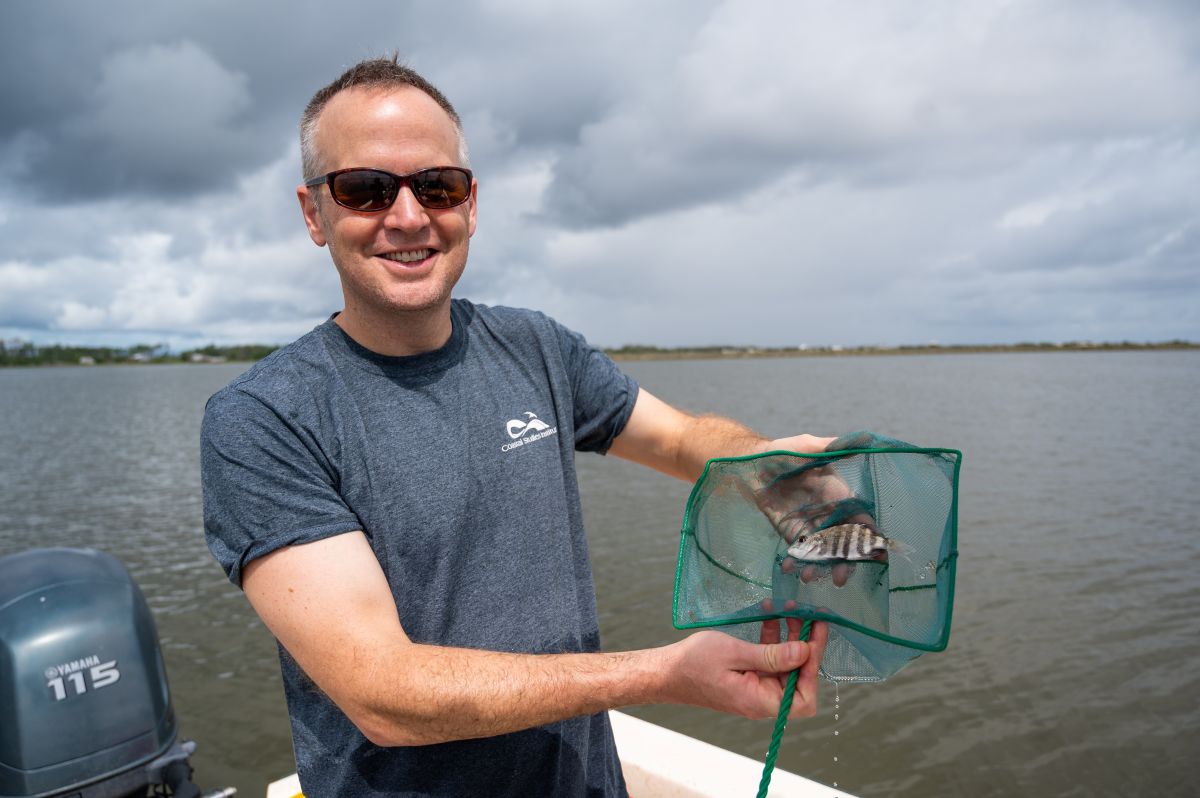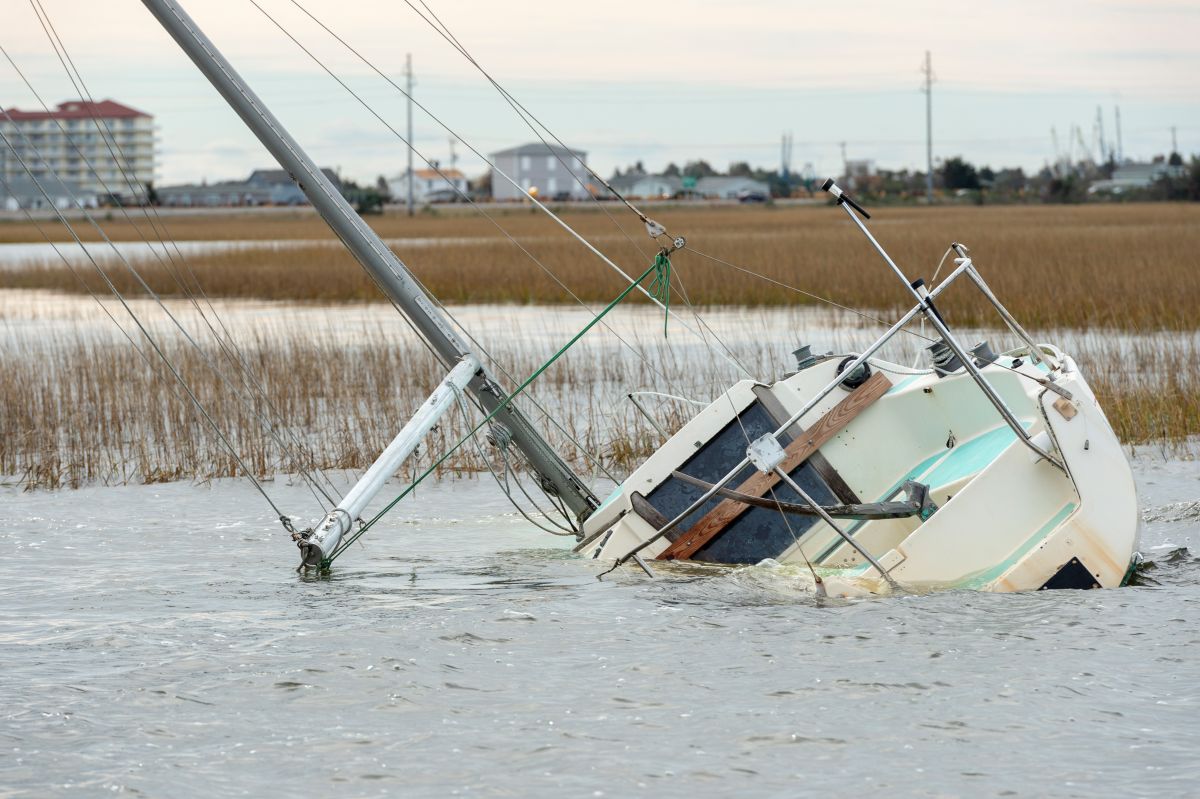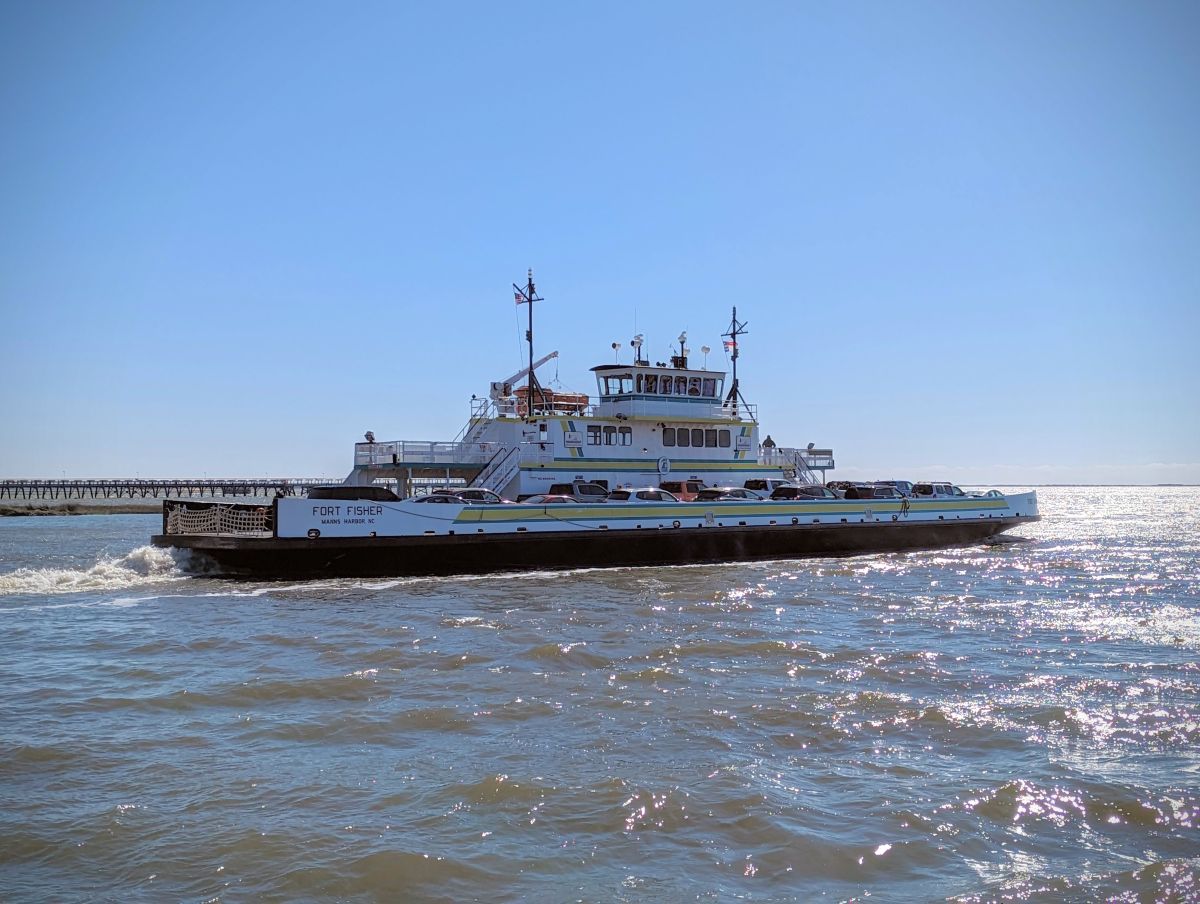
Cape Hatteras National Seashore rangers encourage visitors to check the National Weather Service’s beach forecast webpage before heading to the beach to learn of any possible hazards.
The daily beach forecast at www.weather.gov/beach/mhx includes rip current risk levels and information about other hazards along the beach. Visitors can also sign up for text alerts from Outer Banks lifeguards, ocean rescue agencies and the National Weather Service by texting “OBXBeachConditions” to 77295.
Supporter Spotlight
Rip currents are powerful currents of water moving away from shore. They are responsible for numerous water rescue attempts along the coast every year.
Lifeguarded beaches are the safest places to swim at the seashore, according to the National Park Service. There are four beach locations with lifeguards 9 a.m. to 5 p.m. every day from Memorial Day weekend through Labor Day.
Lifeguards are at the following beaches:
- Coquina Beach Access located across from the Bodie Island Lighthouse site.
- Cape Hatteras Lighthouse Beach Access adjacent to the Old Cape Hatteras Lighthouse site.
- Frisco Beach Access just south of Frisco Village.
- Ocracoke Beach Access is about 1.5 miles south of the seashore campground or half-mile north of Ocracoke Village.
The National Park Service provided the following safety guidelines:
- Swim at beaches patrolled by lifeguards.
- Bring something in the water with you that floats.
- Rather than struggling through a rip current and exhausting yourself, bring something into the ocean that floats and easily float away from the rip current. Float don’t fight.
- Swimming in the Atlantic Ocean is not the same as swimming in a pool or a lake. Ocean swimming can be very physically taxing and may exacerbate underlying medical issues in older swimmers.
- A perfect day on the beach doesn’t always mean that it’s a perfect day in the ocean. If in doubt, don’t go out.
- Never swim alone. Swim with a buddy and have adult supervision for all children. Have someone on shore keep an eye on you while you swim/surf/wade in the water.
- Remember, many people drown while trying to save someone else from a rip current. Use flotation and make safe choices.
- Be aware that the ocean presents additional hazards, such as lightning, high surf and shore break. Learn more at www.lovethebeachrespectheocean.com.
- Avoid wearing shiny objects that may attract sharks and other fish.
- Avoid swimming where danger is present: in rough seas; inlets; around fishing piers and surfers; at night; or during thunderstorms.






